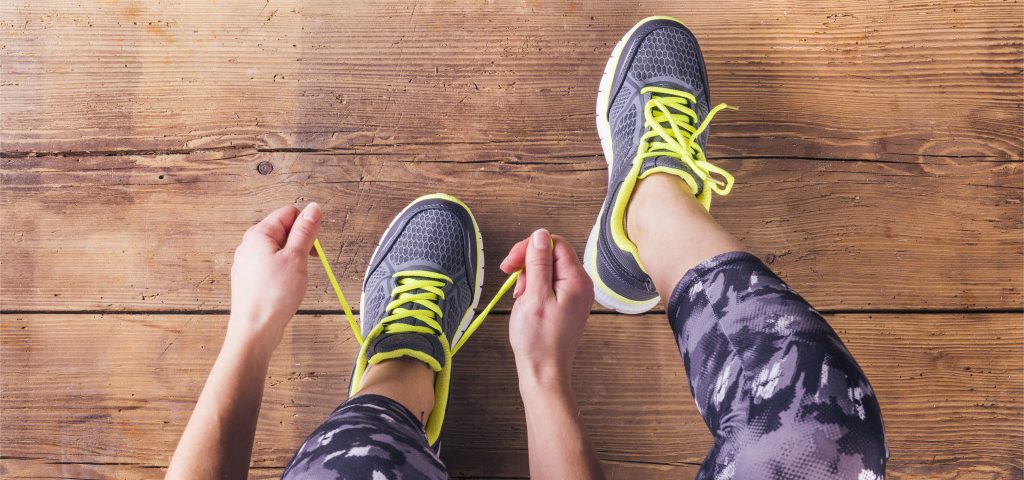Boxing May Improve Quality of Life for Parkinson’s Patients, Study Finds

A non-contact boxing program could improve quality of life and willingness to exercise in people with Parkinson’s disease, new data shows.
A preliminary study with these findings will be presented at the American Academy of Neurology‘s Annual Meeting, to be held in Toronto at the end of April.
“Moderate exercise has long been associated with having positive impact on some people with Parkinson’s,” Danielle Larson, MD, a neurologist at Northwestern University McGaw Medical Center and one of the researchers behind the findings, said in a press release, “but the outcome of this specific regimen seems particularly favorable for the majority of people.”
The researchers looked at a boxing regimen called Rock Steady Boxing, a nonprofit program designed for people with Parkinson’s. The program is non-contact: that is, people aren’t hitting each other. Instead, participants attend 90-minute group classes, led by a coach, that feature boxing exercises aimed at increasing agility, speed, muscular endurance, coordination, footwork, and overall strength.
In the study, 1,709 people with Parkinson’s, with an average age of 69, were given a survey on their quality of life. A total 1,499 of the survey respondents were either current or previous participants in the boxing program, while 210 had never participated. The two groups were similar in terms of time since diagnosis.
Among the boxing participants, on average, 43% attended three or more classes per week, 48% attended two classes per week, and 9% attended one class per week.
Overall quality of life was measured on a scale from 0 to 100, with 0 representing the best quality of life. Participants in the boxing program scored better than non-participants — 25 vs. 32 points.
Willingness to participate in an exercise regime was measured on a scale from 0 to 90, with 90 representing the greatest confidence in taking part in the regimen. Boxing participants scored higher than non-participants, with scores of 54 versus 48 points.
Further, 99% of current boxing participants and 94% of previous participants said they would recommend the program to other people with Parkinson’s disease.
Among boxing participants, 70% reported a better social life, 63% had less fatigue, 62% felt less afraid of falling, 60% had mood improvements, and 59% felt less anxious. However, the survey was only administered once; scores were not actively followed for changes over time.
“This demonstrates that Rock Steady Boxing participants have improvement in the non-motor symptoms of the disease and, compared to non-participants, have significantly better quality of life and are more likely to feel confident engaging in continued exercise,” Larson said.






